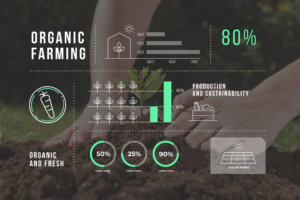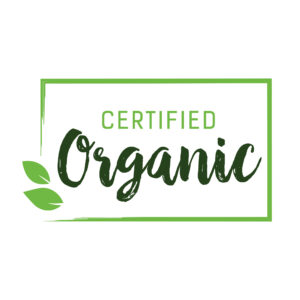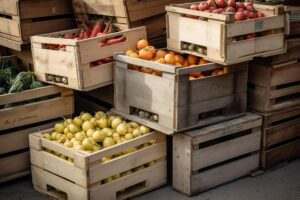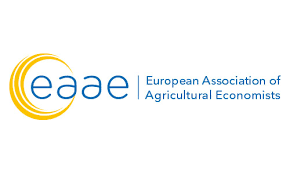Organic farming has become an increasingly popular form of agriculture in recent years, as people become more aware of the potential health and environmental hazards associated with conventional farming methods. One of the major benefits of organic farming is its role in ensuring food safety.
Food safety refers to the measures taken to ensure that food is free from harmful contaminants and pathogens that can cause illness or disease. Organic farming plays a crucial role in promoting food safety by using natural and sustainable methods to grow crops and raise livestock.
One of the primary ways that organic farming promotes food safety is by avoiding the use of synthetic pesticides, herbicides, and fertilizers. These chemicals are commonly used in conventional farming, but they can contaminate soil, water, and air, and may leave harmful residues on crops.
Organic farming relies instead on natural methods to control pests and promote soil health. This includes practices like crop rotation, cover cropping, and the use of natural predators to control insect populations. By avoiding synthetic chemicals and using natural methods, organic farmers help to reduce the risk of contamination and ensure that their crops are safe for consumption.
In addition to avoiding synthetic chemicals, organic farming also promotes food safety by prioritizing animal welfare. Organic farmers must provide their animals with access to outdoor areas and fresh air, and they cannot use antibiotics or growth hormones to promote growth or prevent disease. By prioritizing animal welfare, organic farmers help to reduce the spread of diseases that can be transmitted from animals to humans.
Finally, organic farming promotes food safety by supporting healthy ecosystems. By using natural methods to grow crops and raise livestock, organic farmers can help to preserve biodiversity and protect natural habitats. This, in turn, helps to maintain healthy ecosystems that can support a wide variety of plant and animal species, including those that play a critical role in pollination and pest control.
Overall, organic farming plays a critical role in promoting food safety by using natural and sustainable methods to grow crops and raise livestock. By avoiding synthetic chemicals, prioritizing animal welfare, and supporting healthy ecosystems, organic farmers help to ensure that the food we eat is safe and healthy for both humans and the environment.





